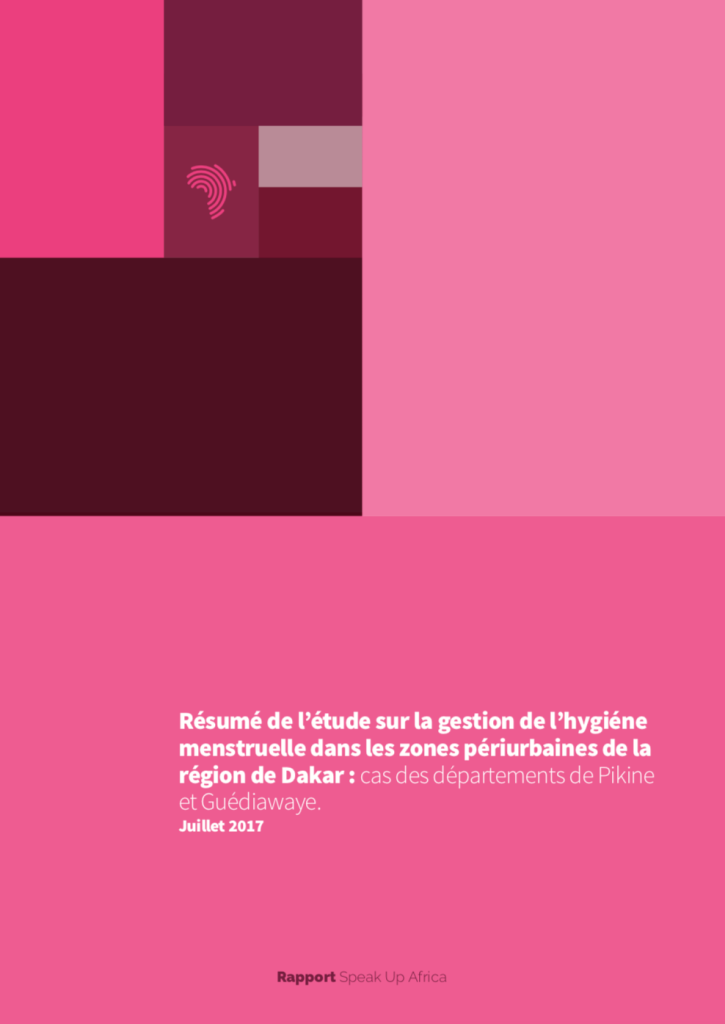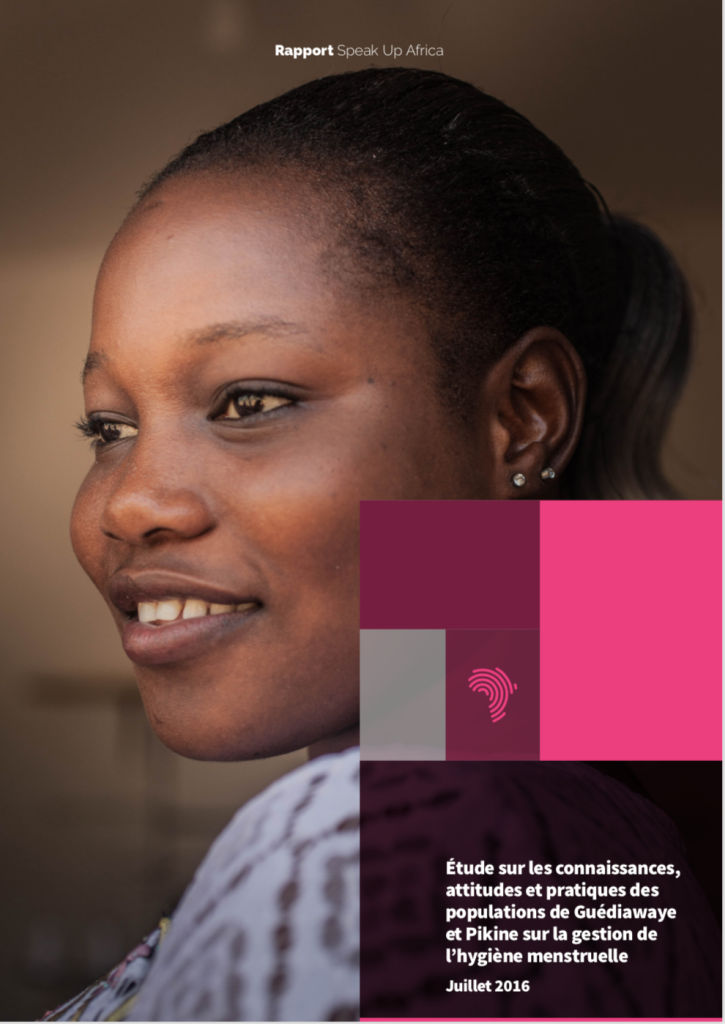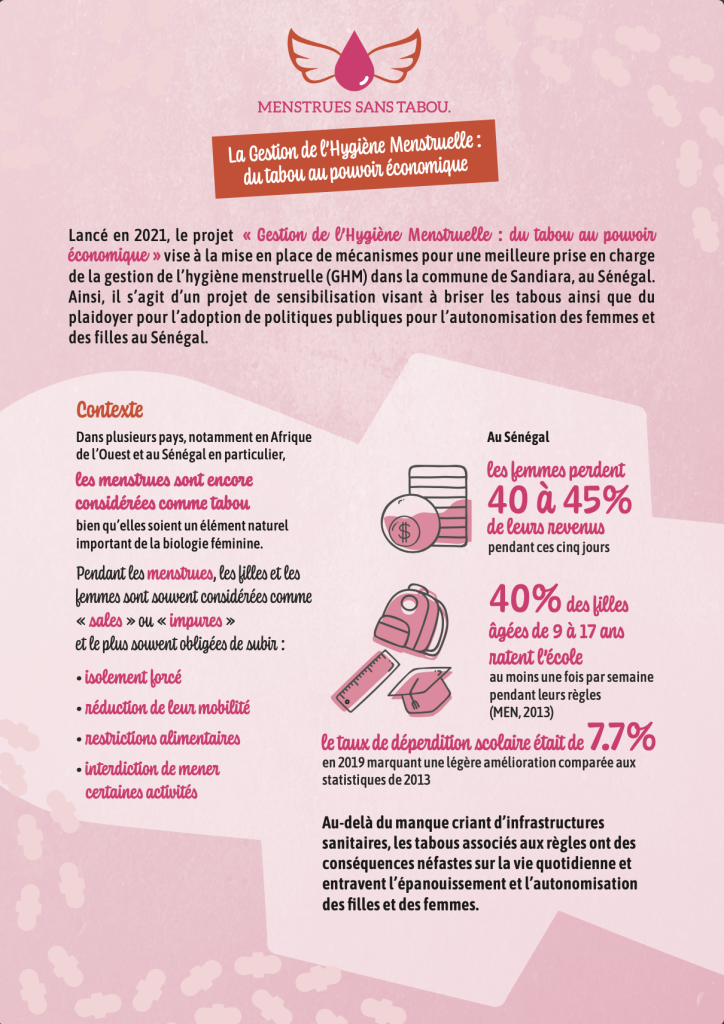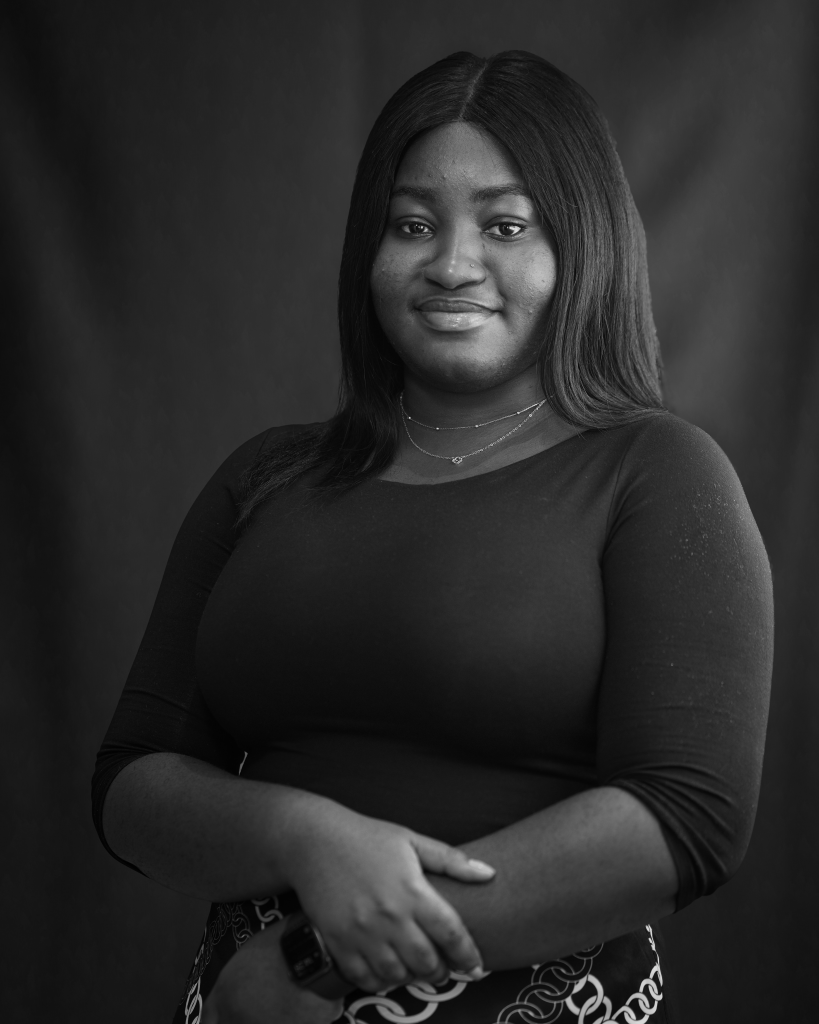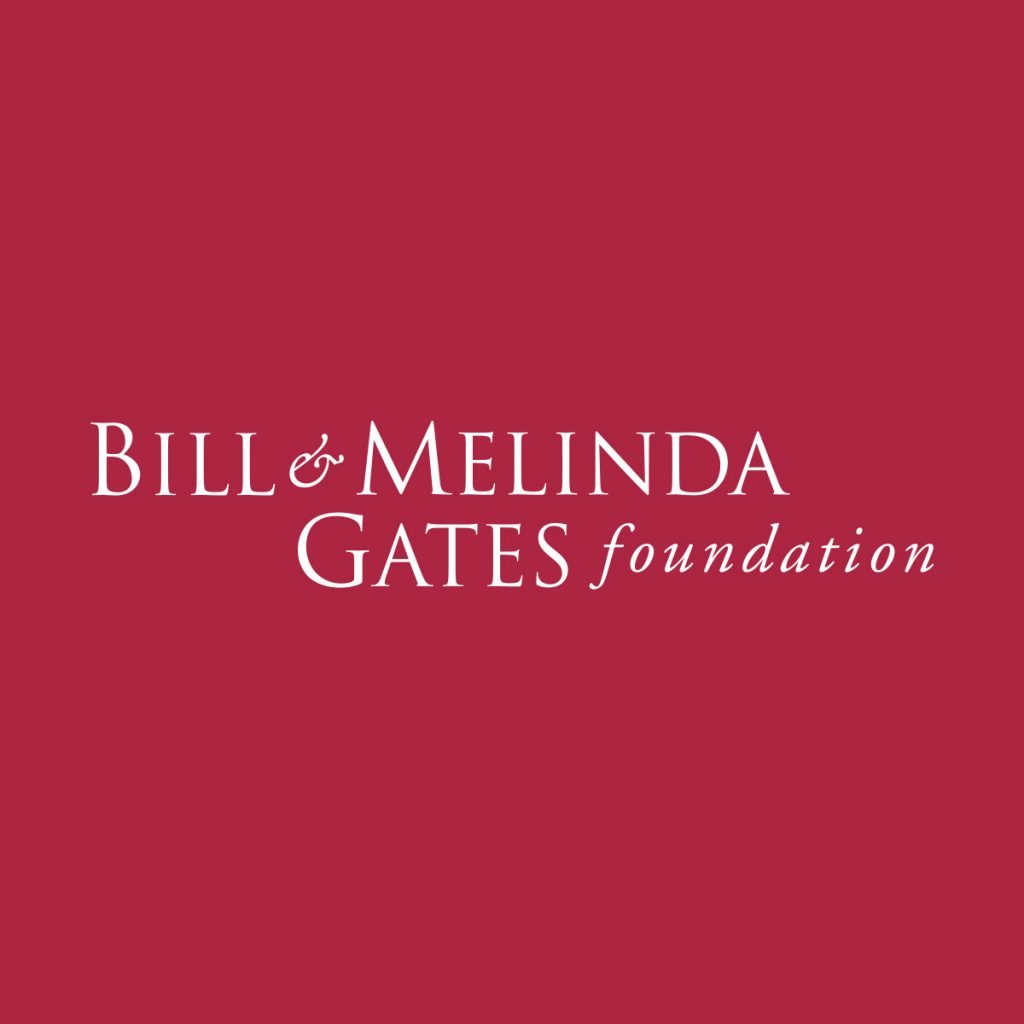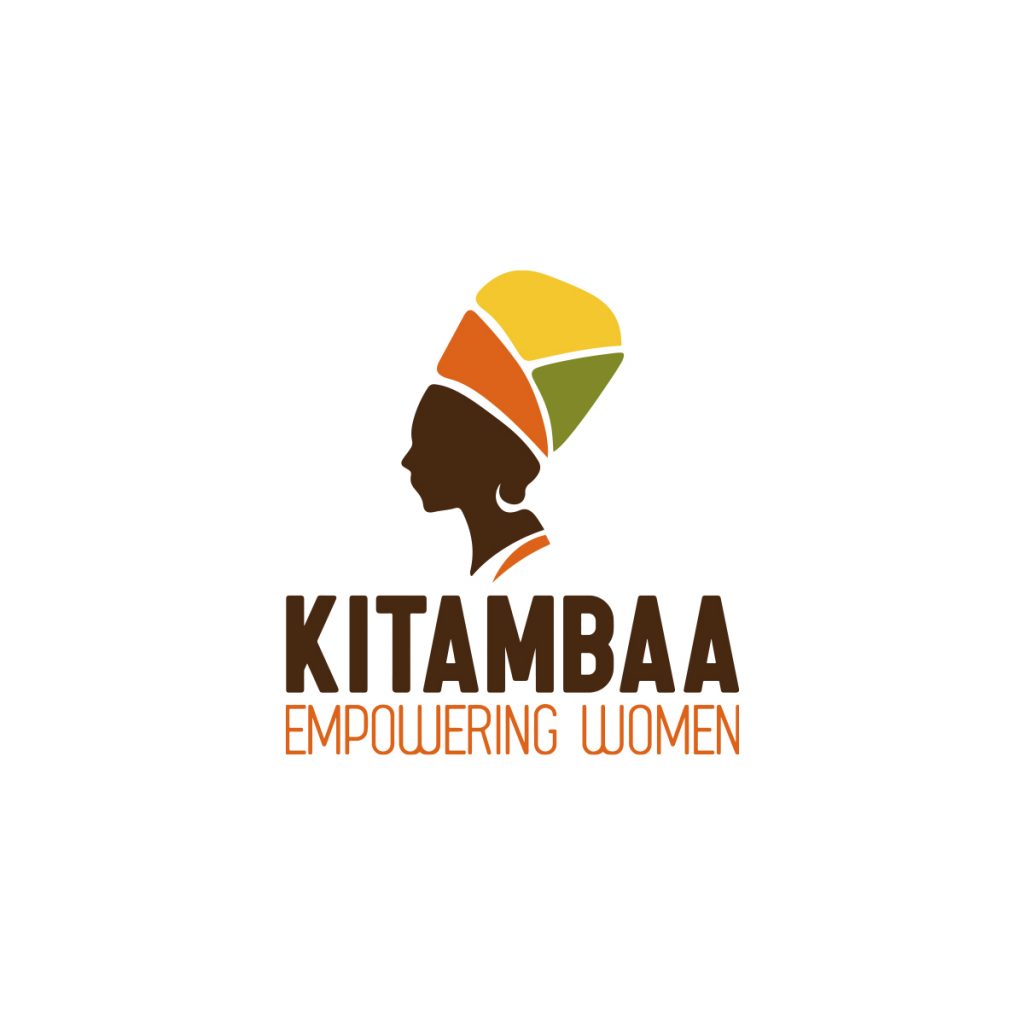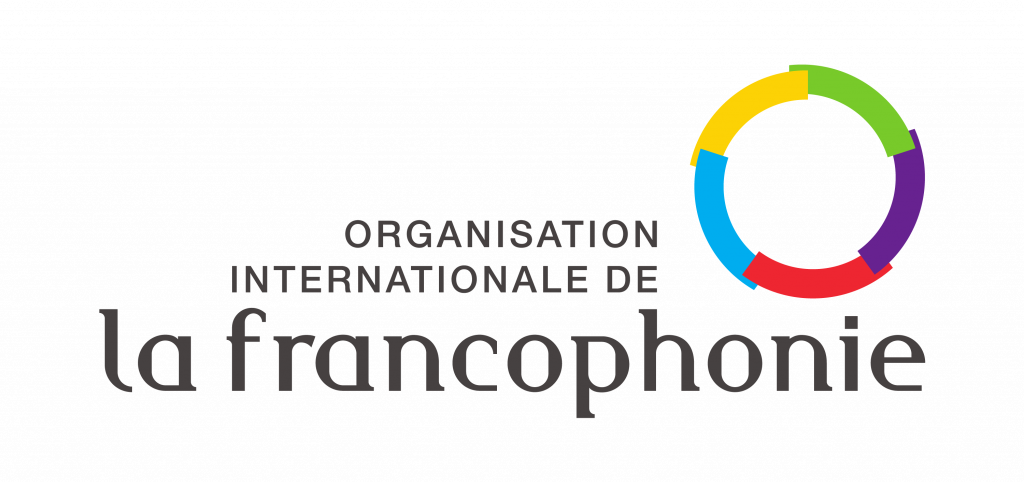About No Taboo Periods.
Since 2015, Speak Up Africa has focused on addressing the knowledge gap surrounding menstrual hygiene management (MHM) in Senegal. In 2016, a qualitative study was conducted to gather insights on the behaviors, attitudes, and practices of girls and women during menstruation. This was followed by a quantitative and qualitative study in July 2017 in Pikine and Guédiawaye, representing over half of Dakar’s population. Results revealed that menstruation remains a taboo topic for many, with a lack of preparedness among 83.56% of respondents for their first menstrual cycle. Moreover, inadequate access to clean and secure toilets poses long-term health, education, and economic challenges for women.
To address these issues, Speak Up Africa launched the « No Taboo Periods » campaign to break the silence around menstruation, raise awareness of menstrual hygiene management as a public health priority, and garner political support. The creation of « The Lab » in Pikine provided a safe space for community members to discuss menstrual hygiene management, reaching approximately 12,000 people through key messaging activities.
In August 2017, Speak Up Africa facilitated a workshop on menstrual hygiene management at the National Girls Camp in Sierra Leone, distributing reusable sanitary pads and educational materials. Additionally, through a partnership with the International Organization of Francophonie avec Elles in December 2020, Speak Up Africa and Kitambaa initiated a project to provide reusable pads to young African girls, aiming to mitigate the educational and economic challenges caused by inadequate menstrual hygiene management. This joint initiative, titled « Menstrual Hygiene Management: from taboo to economic power campaign includes the establishment of a mobile menstrual hygiene management lab, with the pilot phase targeting communities in Sandiara, Senegal.

